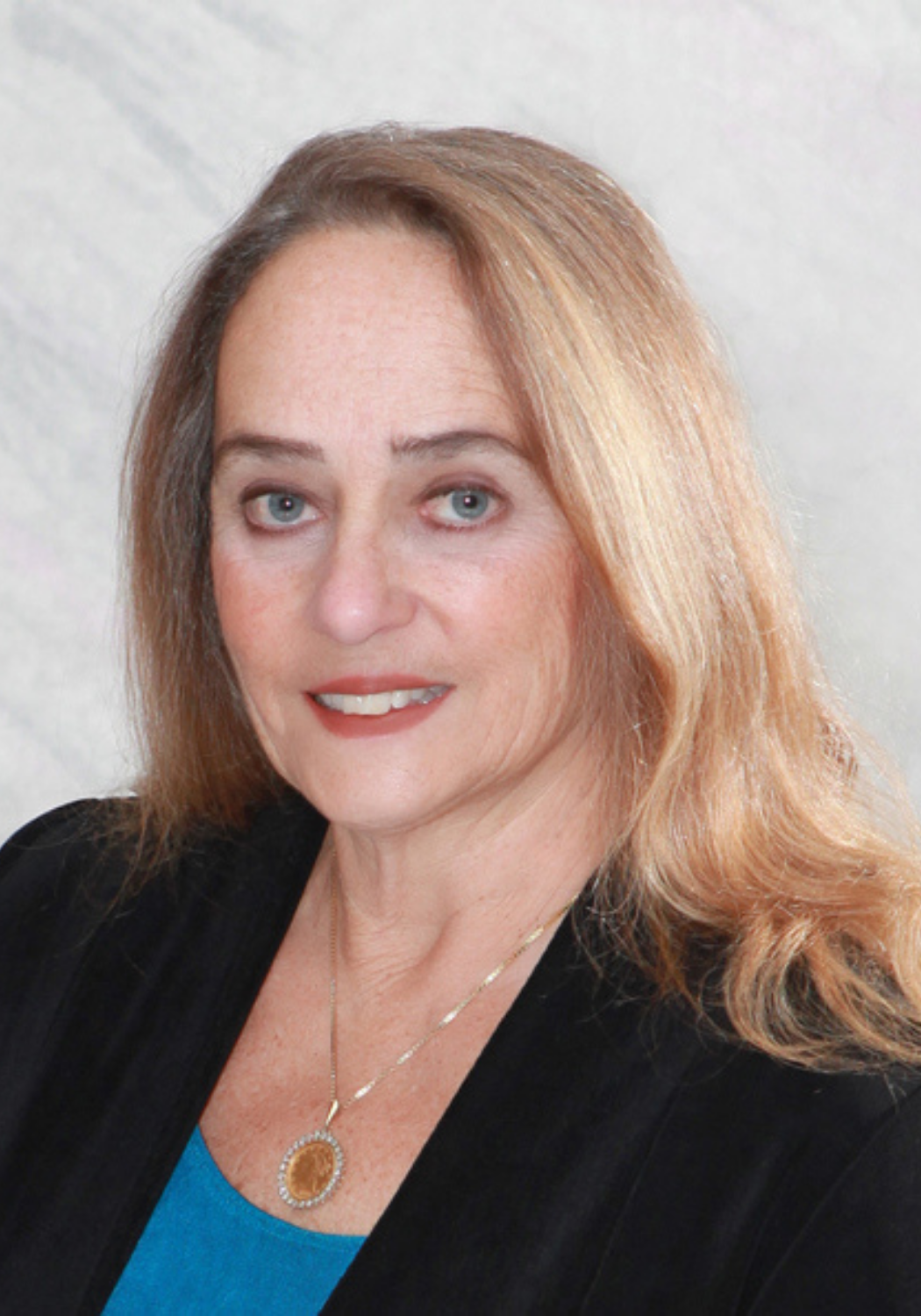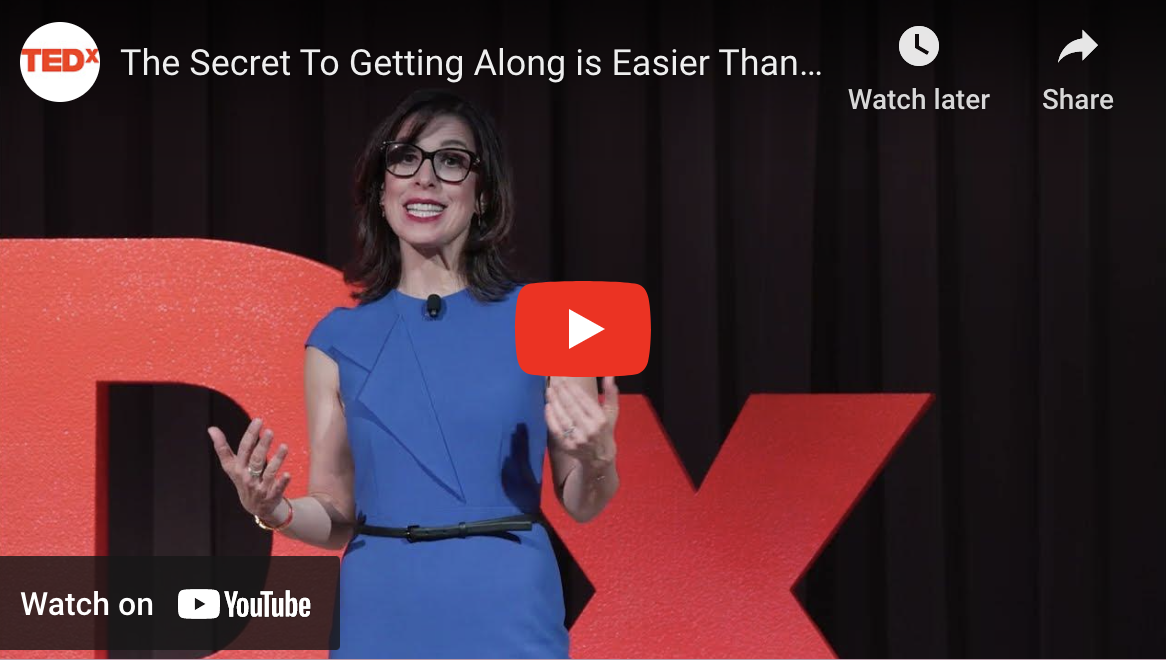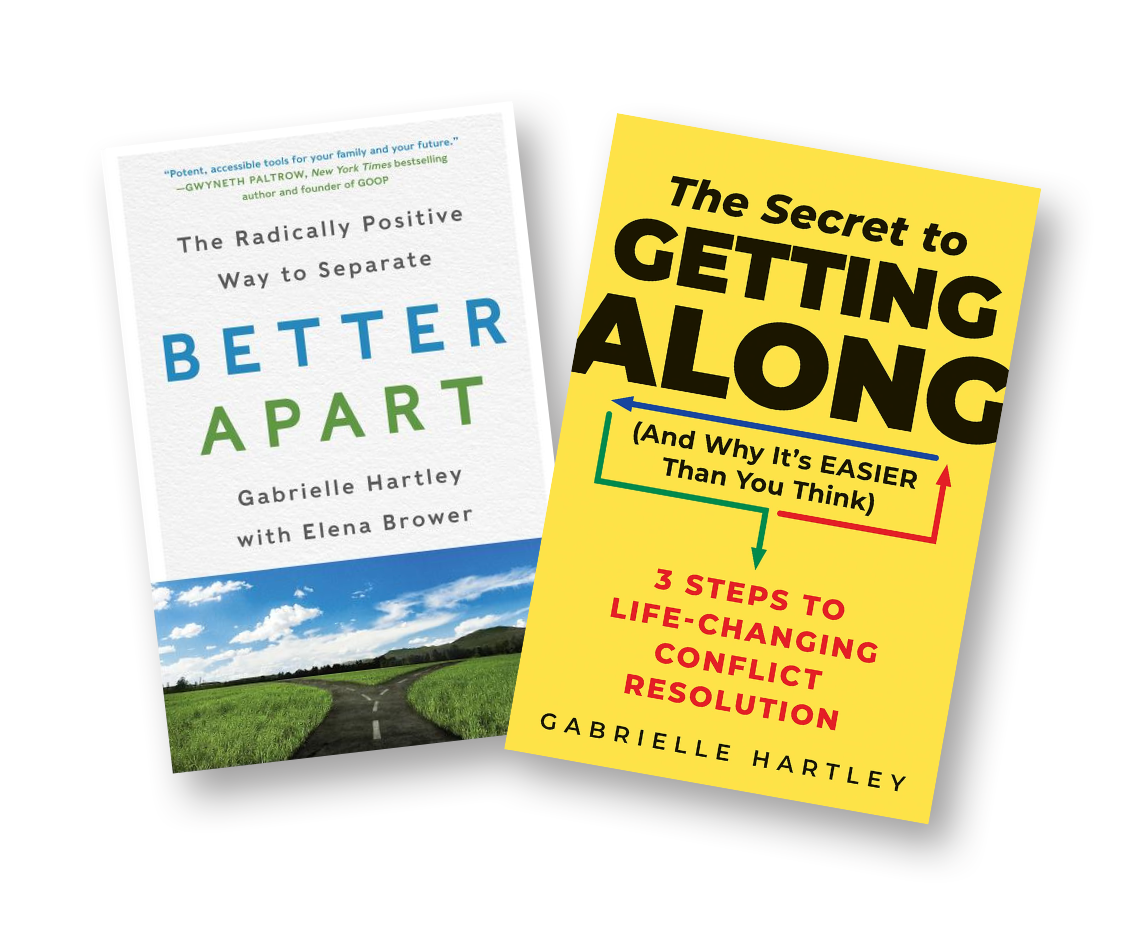Divorce After 50: Can You Be Happy After A Gray Divorce?

For more than 30 years, a silent revolution has created a seismic shift in American families and families in other countries. It has been unfolding with little public awareness; divorce after 50 is on the rise as more couples are divorcing later in life.
Sociologists at Bowling Green State University found that between 1990-2015, while divorce rates for younger age groups had been declining in the U.S., the divorce rate for adults 50 and older had doubled and had more than doubled for those 65 and older. And their analytics predict that the divorce rate for those 50 and older will triple by 2030. These researchers named this phenomenon “The Gray Divorce Revolution.”
The United Kingdom, Canada, Europe, Australia, Japan, and India also report a similar explosion in divorces in their 50 and older populations. This burgeoning divorce rate is felt worldwide and can affect three to four generations.
Why are more people divorcing later in life?
There are myriad reasons people 50 and older in the U.S. and other industrialized countries report initiating their gray divorce. You may relate to some of them.
1. Life expectancy has significantly increased.
People are living longer than previous generations. In the late 1960s and 1970s, in the U.S., personal happiness and self-fulfillment became a focus, and this focus spread to other countries. The gray divorce population came of age in the late 60s through the early 80s when divorce became widespread. They may have experienced the divorces of their parents and their friends’ parents. Couples who married decades ago often report drifting apart, being unhappy for years, feeling unfulfilled, having little or no interaction, or living in marriages with conflict. They often ask, “Is this all there is?” and say they want something more and different. They see divorce as a viable option to pursue happiness.

2. Many couples tolerate each other when their children are still at home.
When their children leave home to pursue college, careers, and marriage, they become “empty nesters” and may still have decades of life. After their children leave home, many say they cannot imagine staying married to the person they married decades ago. Some of these couples are willing to admit that their dreams when they married are unfulfilled, and they are unhappy. They may feel alone and disconnected. It can be easier to divorce after 50, after having lived in unsatisfying relationships for decades. They may now be willing to face their differences in finances, interests, and emotional fulfillment. One or both may view their remaining years as an opportunity to pursue personal happiness.
3. Economics is a factor too.
In past decades, women worldwide joined the workforce and became more financially independent, so they were not as economically dependent on their husbands/partners as previous generations of women. While they may have previously had no other choice but to stay with their husbands for financial reasons, they can now choose to divorce if the relationship is no longer fulfilling.
4. Some spouses seek relief from abusive relationships and divorce after 50.
It may not always be easy to seek relief from physical, mental, and emotional abuse, and betrayal from financial improprieties. Sometimes, it can take a long time before spouses can untangle themselves from a decades-long partnership, even when it is abusive. Spousal addictions and infidelity often contribute to the decision to divorce.
5. As people age, their values and expectations about marriage can change too.
In 2001, 45% of Americans considered divorce morally acceptable; in 2014, 69% did so. Seeing marriage as a lifelong institution shifted, and divorce has become more socially acceptable. Many people in later life rank happiness higher than honoring the traditional expectation of “’til death do us part.” They hope they can be “better apart.”

Couples who divorce after 50 can find happiness, and it is good for them in many ways.
From 1938 to the present, scientists a Harvard University have conducted one of the world’s most extended studies of adult life. For more than 80 years, they have studied the lives of two groups of men. Psychiatrist George Vallant, a former director of the study, said, “…the key to healthy aging is relationships, relationships, relationships.”
In his TED talk, the current director of the study, Dr. Robert Waldinger, notes, “It wasn’t their middle-aged cholesterol levels that predicted how they were going to grow old. It was how satisfied they were in their relationships. The people who were the most satisfied in their relationships at age 50 were the healthiest at age 80.”
Waldinger shares important lessons revealed in the study:
- “Taking care of our body is important but tending to our relationships is also a form of self-care.
- Social connections are very good for us, and loneliness kills.
- Living in conflict is very bad for our health.
- Good relationships don’t just protect our bodies. They protect our brains.”
Can you find happiness and fulfillment after a gray divorce?
A common refrain from some who are 50 and older is, “Staying in this shell of a marriage is killing me.”
The findings from the Harvard Study of Adult Development support what they say and feel — the level of satisfaction with relationships in midlife is a good predictor of healthy aging, and remaining in unhappy, unsatisfying marriages may be killing them. They want to leave behind them loneliness that can kill and find connected, satisfying relationships that are good for their health.
Many who experience divorce after 50 find happiness and connection in the next stage of their lives, and so can you.

About the Author
Carol R. Hughes, Ph.D., is a California-licensed Marriage and Family Therapist, board-certified in clinical hypnosis, author, and family-focused divorce professional, who works with children, adolescents, and adults in her private practice in Laguna Hills, California. She holds a doctorate in Clinical Psychology, achieving both summa cum laude and Phi Beta Kappa honors. She is also a two-time Fulbright Scholar. You can connect with her on LinkedIn and Instagram.



About the Author
Carol R. Hughes, Ph.D., is a California-licensed Marriage and Family Therapist, board-certified in clinical hypnosis, author, and family-focused divorce professional, who works with children, adolescents, and adults in her private practice in Laguna Hills, California. She holds a doctorate in Clinical Psychology, achieving both summa cum laude and Phi Beta Kappa honors. She is also a two-time Fulbright Scholar. You can connect with her on LinkedIn and Instagram.


FOLLOW GABRIELLE


DISCLAIMER: The commentary, advice, and opinions from Gabrielle Hartley are for informational purposes only and not for the purpose of providing legal advice or mental health services. You should contact an attorney and/or mental health professional in your state to obtain advice with respect to any particular issue or problem.
- One Edgewater Plaza Suite 304, Staten Island, NY 10305
- 266 Smith Street, Brooklyn, NY 11231
Northampton MA
PHONE:
New York: (917) 905-4553
Boston: (413) 450-0420








